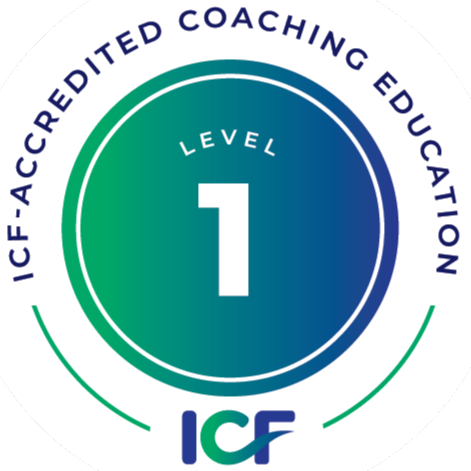
Coaching to bring attention to these choices.
By Elizabeth Saigal, Ph.D. CLC
When faced with a challenging or less than ideal circumstance, individuals generally use a combination of shifting their feeling response, directly tackling the situation itself, or changing their thinking about the situation. These three recognized ways of handling stress are known as Emotion-focused strategies, Problem-focused strategies, or Appraisal-focused strategies, respectively.
Emotion-focused strategies are directed towards reducing or preventing your own emotional reaction. This includes managing feelings by finding methods of release or distraction such as seeking social support or using relaxation techniques.
Problem-focused strategies are directed towards reducing or eliminating a stressor or the cause of a problem. This includes finding our more information about the issue, learning new skills to manage it, or evaluating the pros and cons of the alternatives.
Appraisal-focused strategies are directed towards challenging your own assumptions and modifying the way you think. This may include distancing yourself from the problem or challenge, altering goals and values, or identifying the humor in the situation to bring a positive spin.
Typically, people use a mix of these three coping strategies to manage challenging circumstances. Coaches can also promote use of these strategies by framing questions to bring a clients awareness to their emotional response to experiencing the challenge, the problem or specific challenge itself, or thoughts associated with the challenge is a great way to increase understanding. Possible questions might include:
- What is your experience of challenging circumstance XYZ?
- How would you like your experience of XYZ to improve?
- What could you do to reduce/remove this issue?
- How can you change your response to this issue?
- What runs through your mind in this situation?
- How else could you view this situation?
- What do you choose to feel/think/do instead?
Using questions like this to generating possibilities and alternative directions can be useful for coaching where a client is seeking increased clarity. There is an opportunity to bring attention to the emotion, energy, and tone, as well as the words the client uses to describe the situation, and ask questions related to Emotion-focused strategies and Appraisal-focused strategies. Not all coaching topics bring forth a specific challenge, but there are often opportunities to reflect back the ways in which a client chooses to directly interact with the environment that incorporate Problem-focused strategies too. For example, if a client has a goal to lose weight, what food options do they routinely have available that might have an impact on their weight loss experience?
These questions promote the client changing their experience to what they want by bringing clarity to which conditions are the most important and highlighting the contrast between want is wanted and unwanted. This leads to discovery of both the internal and external parameters that bring happiness and how they can be established.

Elizabeth Saigal is an ILCT Certified Life Coach. She offers Life Design Coaching for those intent on connecting with their inner truth and aligning with their intuition to live a life on purpose. You can connect with her and sign up to receive her Free Ten Step Life Design System at www.myspirecoaching.com




